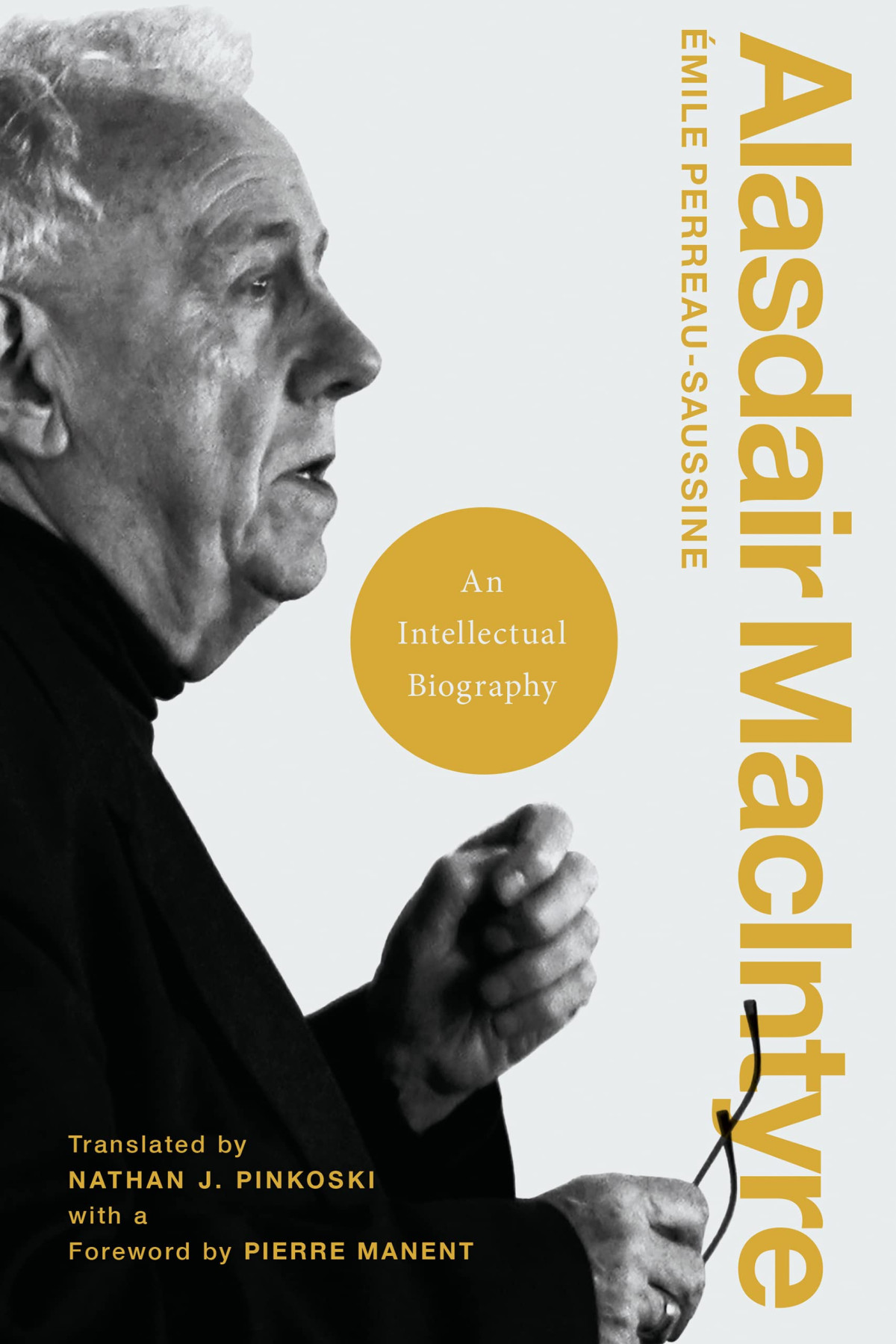

Most ebook files are in PDF format, so you can easily read them using various software such as Foxit Reader or directly on the Google Chrome browser.
Some ebook files are released by publishers in other formats such as .awz, .mobi, .epub, .fb2, etc. You may need to install specific software to read these formats on mobile/PC, such as Calibre.
Please read the tutorial at this link: https://ebookbell.com/faq
We offer FREE conversion to the popular formats you request; however, this may take some time. Therefore, right after payment, please email us, and we will try to provide the service as quickly as possible.
For some exceptional file formats or broken links (if any), please refrain from opening any disputes. Instead, email us first, and we will try to assist within a maximum of 6 hours.
EbookBell Team

4.0
86 reviewsThis award-winning biography, now available for the first time in English, presents an illuminating introduction to Alasdair MacIntyre and locates his thinking in the intellectual milieu of twentieth-century philosophy.
Winner of the prestigious 2005 Philippe Habert Prize, the late Émile Perreau-Saussine’s Alasdair MacIntyre: Une biographie intellectuelle stands as a definitive introduction to the life and work of one of today’s leading moral philosophers. With Nathan J. Pinkoski’s translation, this long-awaited, critical examination of MacIntyre’s thought is now available to English readers for the first time, including a foreword by renowned philosopher Pierre Manent.
Amid the confusions and contradictions of our present philosophical landscape, few have provided the clarity of thought and shrewdness of diagnosis like Alasdair MacIntyre. In this study, Perreau-Saussine guides his readers through MacIntyre’s lifelong project by tracking his responses to liberalism’s limitations in light of the human search for what is good and true in politics, philosophy, and theology. The portrait that emerges is one of an intellectual giant who comes to oppose modern liberal individualism’s arguably singular focus on averting evil at the expense of a concerted pursuit of human goods founded upon moral and practical reasoning. Although throughout his career MacIntyre would engage with a number of theoretical and practical standpoints in service of his critique of liberalism, not the least of which was his early and later abandoned dalliance with Marxism, Perreau-Saussine convincingly shows how the Scottish philosopher came to hold that Aristotelian Thomism provides the best resources to counter what he perceives as the failure of the liberal project. Readers of MacIntyre’s works, as well as scholars and students of moral philosophy, the history of philosophy, and theology, will find this translation to be an essential addition to their collection.